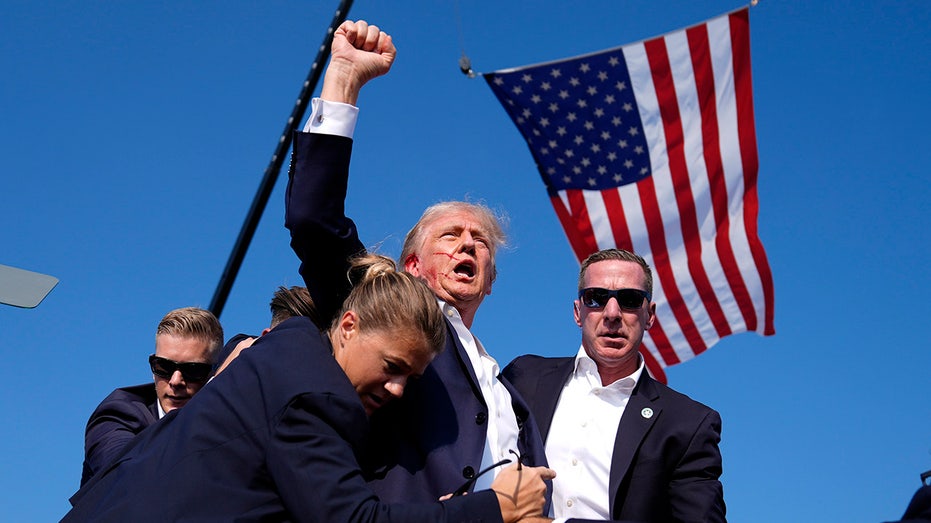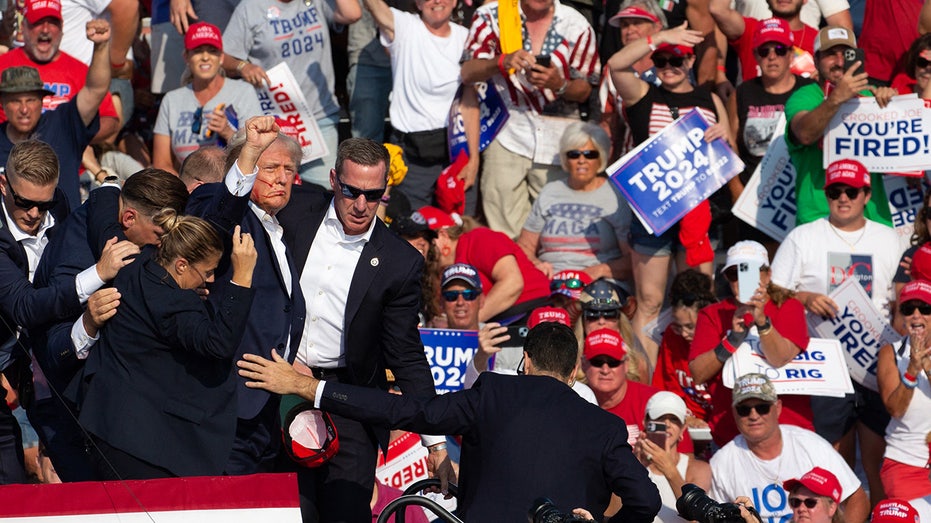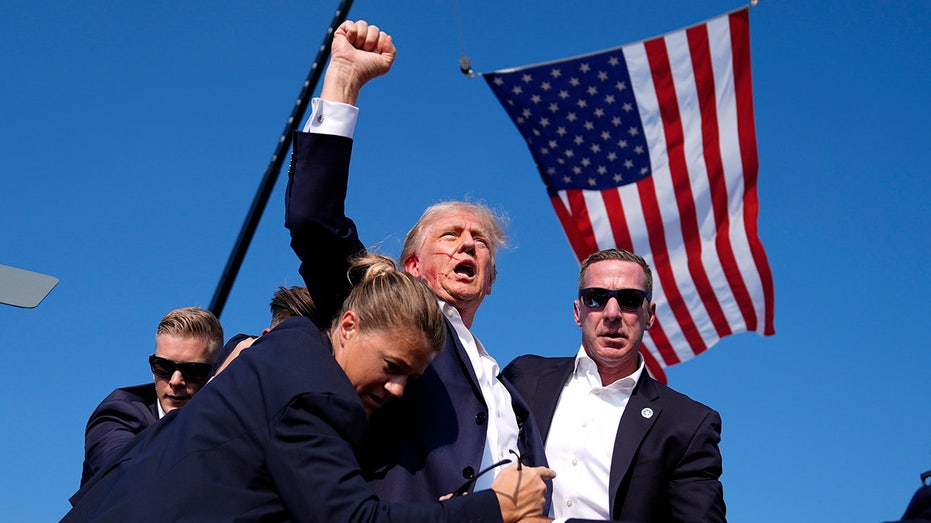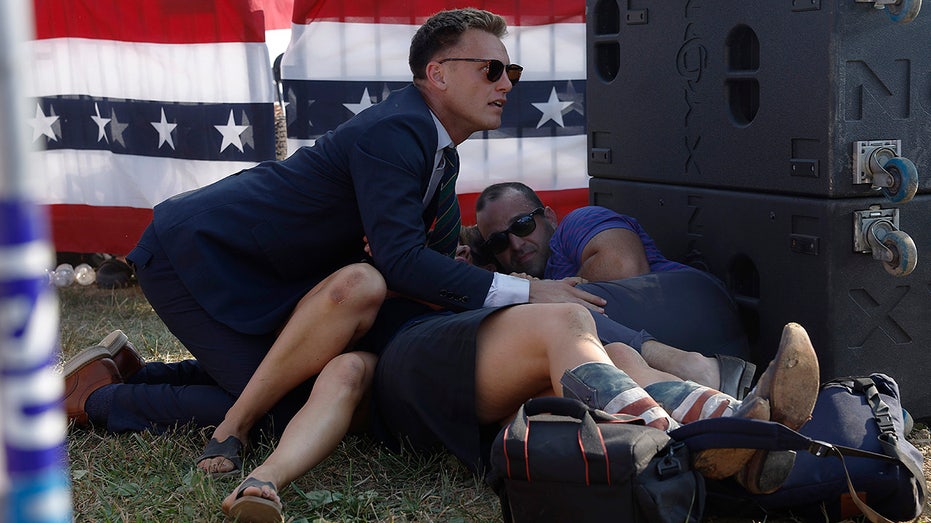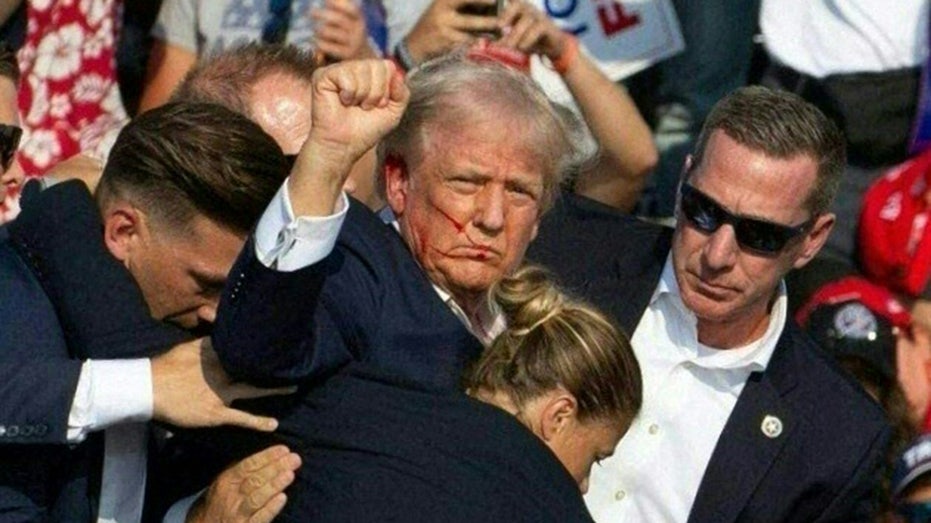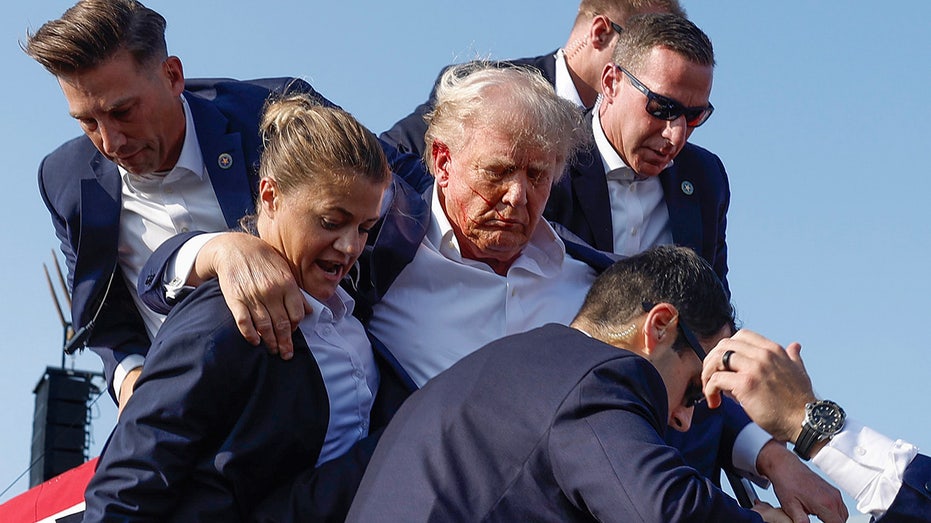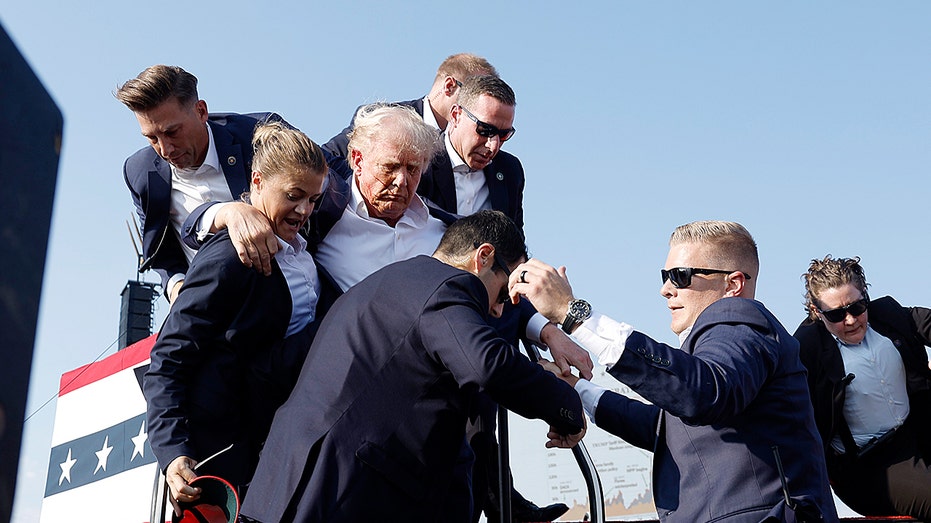Secret Service Failures Exposed in Trump Assassination Attempt Report

Sarah Johnson
July 12, 2025
Brief
A new GAO report exposes critical Secret Service failures during the attempted assassination of Donald Trump in Butler, PA, highlighting preventable security lapses.
A damning new report from the Government Accountability Office (GAO) has laid bare the staggering security failures of the U.S. Secret Service during the attempted assassination of then-presidential candidate Donald Trump at a campaign rally in Butler, Pennsylvania, one year ago. The findings paint a picture of an agency crippled by mismanagement, miscommunication, and missed opportunities that nearly cost a life and shook the nation.
The report, commissioned by Senate Judiciary Committee Chairman Chuck Grassley, reveals that the Secret Service had classified intelligence about a threat to Trump’s life 10 days before the rally but failed to share this critical information with other agencies. It also highlights a cascade of errors—poor resource allocation, inadequate training, and pervasive communication breakdowns—that paved the way for the shocking incident on July 13. Grassley didn’t mince words, calling it a culmination of 'years of mismanagement' and pointing fingers at the Biden administration for denying enhanced security requests for Trump.
During that fateful rally, Trump was grazed in the ear by a bullet while addressing supporters. In a moment etched into history, he stood defiantly as agents rushed him to safety, raising his fist and urging the crowd to 'Fight, fight, fight.' Tragically, the day wasn’t without loss—Cory Comperatore, a brave attendee, was killed shielding his family, and two others were injured. The shooter, 20-year-old Thomas Crooks, was neutralized by counter-snipers from a nearby rooftop.
The GAO’s year-long investigation, the most extensive to date, comes alongside other probes. Six Secret Service agents have been suspended without pay, with penalties ranging from 10 to 42 days, for their role in the failure. Meanwhile, bipartisan Senate and House reports have echoed the same grim conclusion: the shooting was preventable. They cite poor planning, lack of coordination with local law enforcement, and leadership lapses within the Secret Service. The House task force’s final report, released on December 5, 2024, offers 37 recommendations to overhaul the agency’s approach to security.
Accountability has started to take shape. Secret Service Director Kimberly Cheatle resigned under intense pressure shortly after the incident, accepting full responsibility. Congressional testimonies from top officials, including FBI Director Christopher Wray and acting Secret Service Director Ronald Rowe, have admitted to the agency’s failures. On the investigative front, Senator Ron Johnson has issued subpoenas to the FBI and Justice Department for further details, while the FBI continues to treat the attack as a potential act of domestic terrorism.
What lingers is a sobering truth: this wasn’t just a close call—it was a wake-up call. The lapses exposed in Butler aren’t merely bureaucratic hiccups; they’re symptoms of deeper systemic flaws that must be addressed to prevent history from repeating itself.
Topics
Editor's Comments
Well, folks, if the Secret Service’s performance in Butler was a movie, it’d be titled 'Mission: Impossible—Because We Didn’t Plan.' Ten days of intel on a threat and they kept it a secret from... well, everyone who mattered. It’s like hiding the recipe for disaster and then wondering why the cake exploded. Here’s hoping their next act isn’t a sequel—maybe they can borrow Trump’s 'fight, fight, fight' spirit for some actual security reforms!
Like this article? Share it with your friends!
If you find this article interesting, feel free to share it with your friends!
Thank you for your support! Sharing is the greatest encouragement for us.
